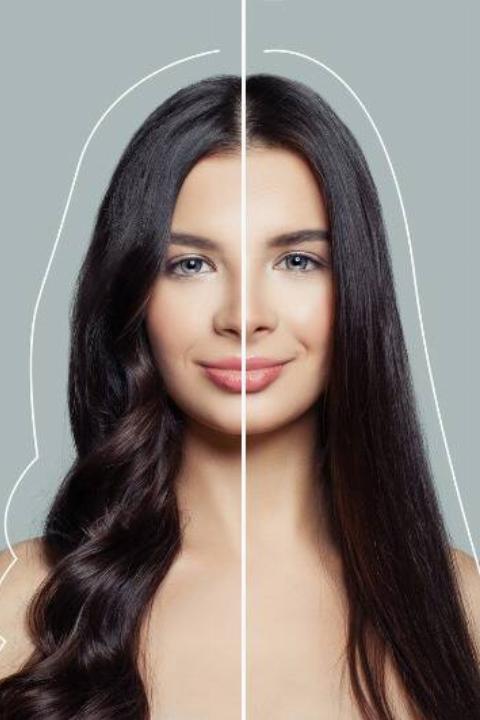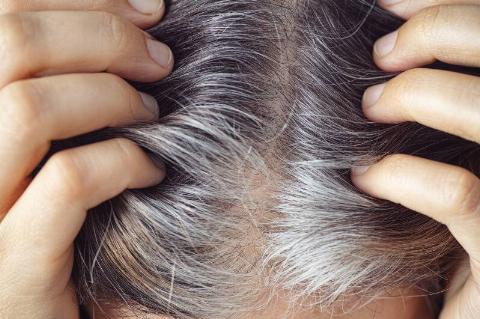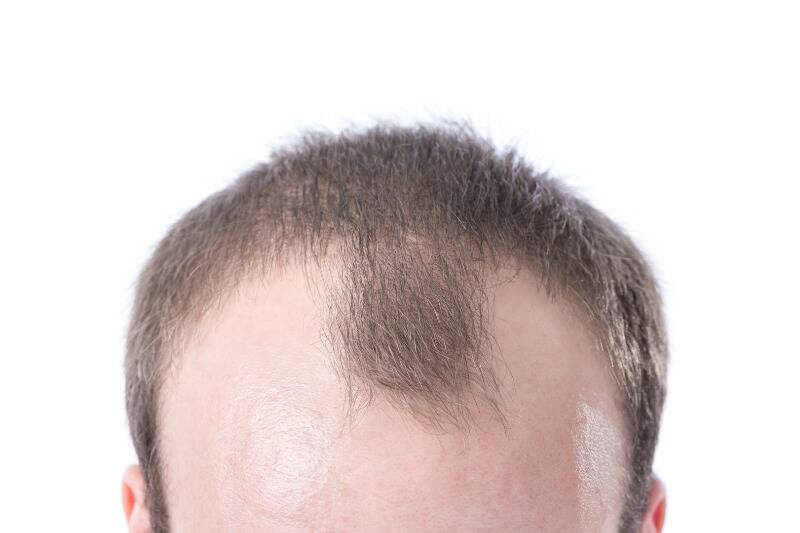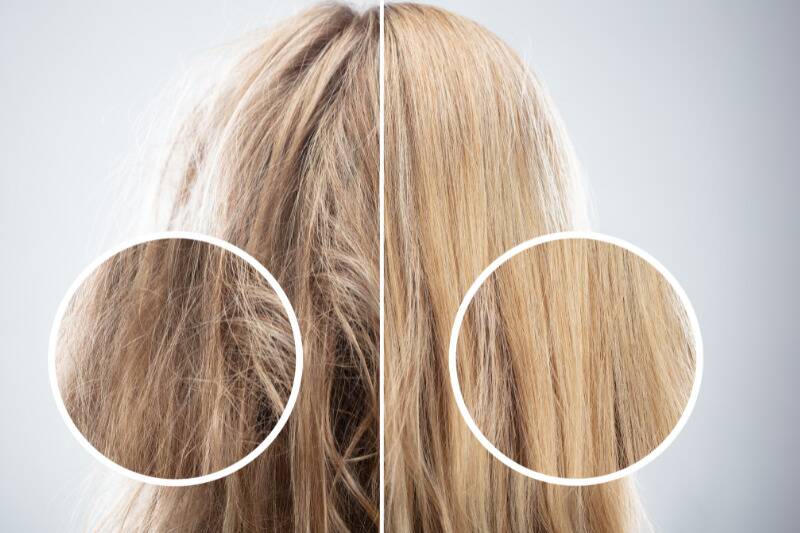Unlocking the Secret Code: What Your Hair Can Reveal About Your Health
Are you having a bad hair day? Believe it or not, your hair could be trying to tell you something about your health. Our hair is a reflection of our overall health and can indicate underlying health conditions or nutritional deficiencies.
From hair loss to changes in hair texture, each strand can provide clues to our well-being. In this article, we’ll explore what your hair says about your health and provide tips on how to care for your hair and improve your overall health. So, let’s dive into the world of hair and unlock the secrets it holds.
Hair loss can signal underlying health conditions

Hair loss can encompass a variety of different health issues. It can indicate a nutritional deficiency, an autoimmune disorder, or other medical conditions. Hair loss can also be a sign of a hormonal imbalance caused by a thyroid disorder or menopause.
Additionally, it can be a side effect of certain medications. In short, hair loss can be a sign of many different health conditions, so it’s important to consult with a doctor to determine the cause. Treatment options will likely include lifestyle changes and medication, depending on the underlying cause.
Dry and itchy scalp may indicate skin conditions

A dry and itchy scalp is a common issue that can be caused by a variety of factors, including weather changes, stress, and harsh hair products. However, it can also be a sign of more serious skin conditions such as dandruff, eczema, or psoriasis.
These conditions can cause the scalp to become inflamed and produce excess skin cells, leading to flaking, itching, and redness. Treatment for these conditions can include medicated shampoos, topical creams, and lifestyle changes such as reducing stress and avoiding harsh hair products.
Hair thinning can result from poor nutrition

Hair is made up of protein, and if your diet is lacking in protein, it can result in hair thinning or loss. Additionally, a lack of iron, zinc, and biotin in the diet can also contribute to hair thinning.
To improve hair health, it’s important to eat a balanced diet that includes protein-rich foods such as lean meat, fish, eggs, and beans, as well as foods rich in vitamins and minerals like leafy greens, nuts, and whole grains.
Sudden hair loss can be stress-related

Sudden hair loss can be a result of physical or emotional stress on the body. This can include major life changes such as the death of a loved one, surgery, or a traumatic event. Stress can cause hair follicles to enter a resting phase, known as telogen effluvium, which can lead to hair loss.
To manage stress-related hair loss, it’s important to practice stress-reducing techniques such as exercise, meditation, and getting enough sleep.
Changes in hair texture can indicate hormonal imbalances or nutrient deficiencies

Changes in hair texture, such as brittleness, coarseness, or excessive dryness, can be a sign of hormonal imbalances or nutrient deficiencies. For example, a lack of biotin, vitamin D, or omega-3 fatty acids in the diet can lead to hair texture changes.
Additionally, hormonal imbalances, such as low thyroid hormone levels, can also lead to changes in hair texture. To improve hair texture, eating a balanced diet and consulting with a healthcare professional to address any underlying hormonal imbalances is important.
Greasy hair can be due to an overactive sebaceous gland

Greasy hair can be due to an overactive sebaceous gland. Greasy or oily hair can be a sign of an overactive sebaceous gland, which produces too much sebum. This can be due to genetic factors, hormonal imbalances, or certain medications.
To manage greasy hair, it’s important to wash the hair regularly with a gentle shampoo, avoid using heavy styling products, and consider using dry shampoo to absorb excess oil.
Premature graying may indicate vitamin B12 deficiency

Premature graying of hair can be a sign of a vitamin B12 deficiency. Vitamin B12 is important for healthy hair growth and can be found in animal products such as meat, eggs, and dairy.
To prevent premature graying, it’s important to consume a balanced diet that includes vitamin B12-rich foods or consider taking a supplement.
Hair loss in clumps can be a sign of autoimmune disease

Hair loss in clumps can be a sign of an autoimmune disease, such as lupus or Hashimoto’s thyroiditis. Autoimmune diseases occur when the body’s immune system mistakenly attacks healthy tissues, including hair follicles.
In some cases, treating the underlying autoimmune disease can stop or reverse hair loss.
Receding hairline may indicate male pattern baldness

A receding hairline is a common sign of male pattern baldness, which is a genetic condition that affects about 50% of men over the age of 50. Male pattern baldness occurs when the hair follicles shrink and produce shorter, thinner hair over time.
While there is no cure for male pattern baldness, there are treatments available, such as medications or hair transplant surgery, that can help slow or reverse hair loss.
Hair loss in patches may indicate alopecia areata

Hair loss in patches can be a sign of alopecia areata, an autoimmune condition that affects about 2% of the population. Alopecia areata occurs when the immune system attacks the hair follicles, causing hair loss in small, round patches.
In some cases, the hair may grow back on its own, but in more severe cases, treatment may be needed to help stimulate hair growth.
Dry, brittle hair may indicate lack of moisture or protein

Dry, brittle hair can be a sign of a lack of moisture or protein in the hair. This can occur due to excessive heat styling, chemical treatments, or environmental factors such as sun exposure or hard water.
To improve dry, brittle hair, it’s important to use a deep conditioning treatment, avoid excessive heat styling, and protect the hair from environmental damage.
